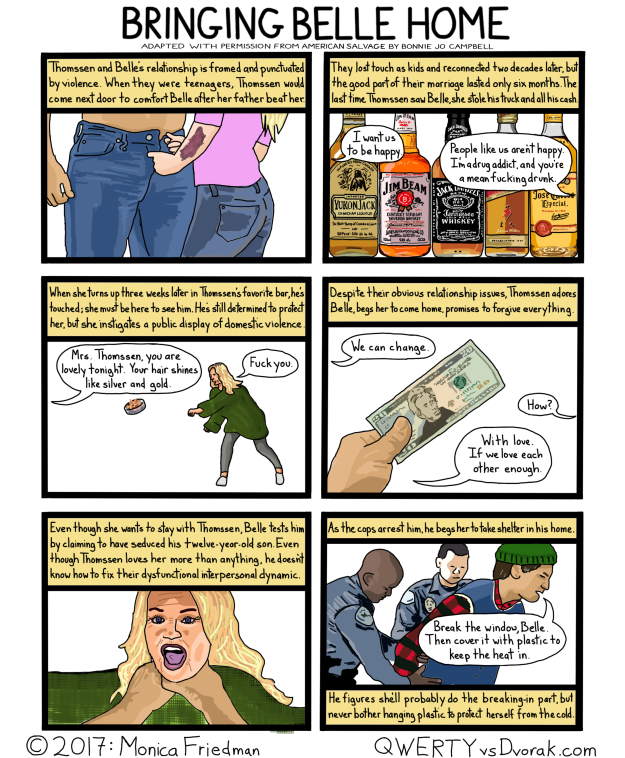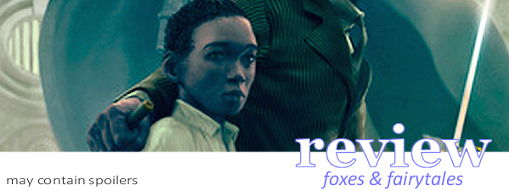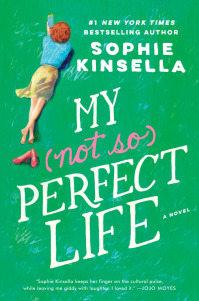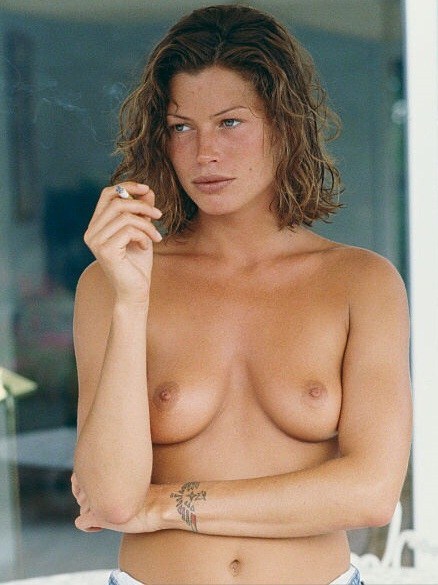How long have you been teaching the Writing Young Adult Literature Writer’s Workshop?
I’ve taught WYAWW since spring of 2016 at a local university, so it is still relatively “new.”
What is your approach to teaching writing? How are your classes structured?
My writer’s workshop class is a little different than most offered on our campus. Instead of reading and writing short stories, my class focuses on reading current YA literature and students start writing a novel length YA manuscript. We start with defining YA lit, various methods for plot/or not plotting, and each week build on writing elements such as character development, setting, etc.
What are some special considerations for teaching how to write for a Young Adult audience?
The one thing I always remind my students of is that kids ALWAYS read up. Technically, YA is geared toward 12 years old and older. My son, like many students, was ready to start reading some YA novels in fourth and fifth grade because he needed longer books, a wider vocabulary, etc. BUT he was only 10, so he wasn’t ready for more mature content. I encourage my students to have their audience in mind when writing, younger YA versus upper YA, or even more specific than that.
Can you give us an example of YA literature that you use with your class to show good writing?
Well, students are required to about seven YA novels through a semester (and the list changes every semester), but I also use tons of examples from a plethora of authors because “good writing” looks different to everyone. One book I’ve used a couple times is A Monster Calls by Patrick Ness, a younger YA story. I’ve also used An Ember in the Ashes by Sabaa Tahir, Since You’ve Been Gone by Morgan Matson, The Hunger Games by Suzanne Collins, and many, many more.
What are the main things you would like your students to take away from your class?
I want them to know Young Adult Literature is all about feelings, no matter if it’s high concept, a quiet story, a non-conventional novel, or whatever. It’s about letting young adults know that they are seen, heard, represented, not alone, loved, unique, and valuable. Craft-wise, I want them to remember GMC – Goal, Motivation, Conflict.
What two pieces of advice would you give to someone just starting out in writing for Young Adults?
Make sure you know the main conflict and make the reader feel.
Has teaching writing for YA affected your approach to writing YA?
Yes, I think I’ve become even more aware of how I write, what I caution my students about, what I encourage them to include. You know the saying, “practice what you preach?” Welp, that definitely fits.





